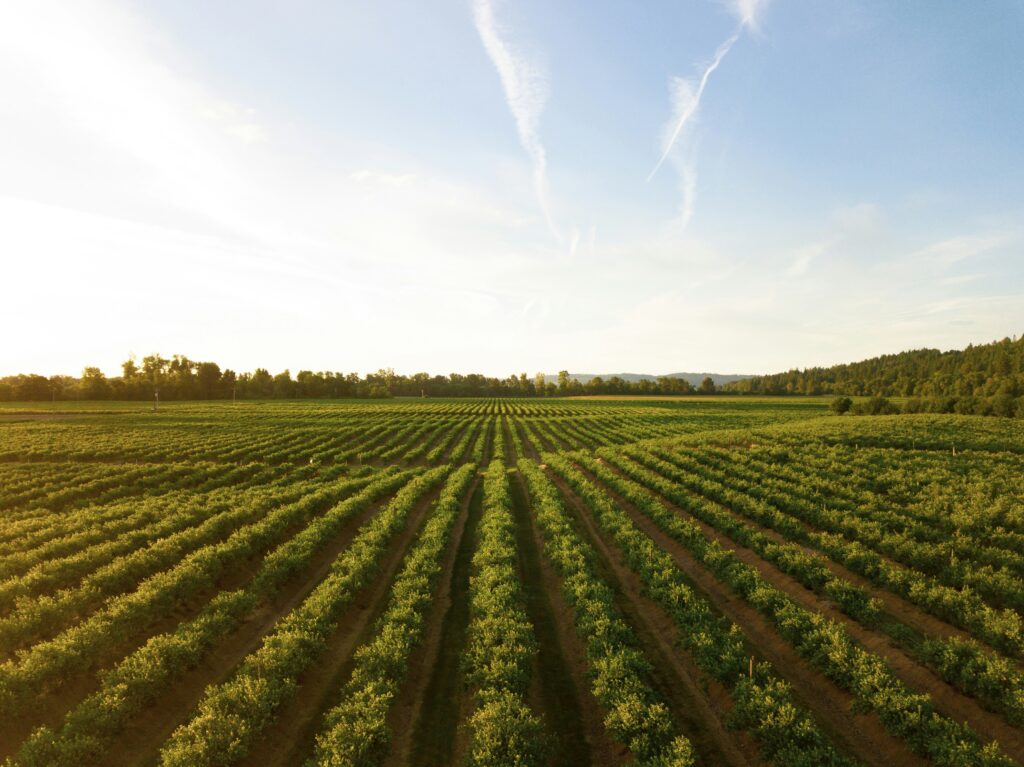Global FEW Summit 2022
hosted by The University of Illinois | sponsored by Women and Gender in Global Perspectives Program
what components to consider when we think about making a hub for food security in the face of climate change?

Attendees begin this discussion by acknowledging the importance and need for more data relating to crop conditions, weather conditions, food quality and other telling factors. They also talk about the need for an interface that connects the data to users and makes it more comprehensible. Another important component that sparked discussion was how they must avoid exploitation of these communities when attempting to create a hub for food security in the face of climate change. Attendees emphasize how they must allow enough time to build trust with the communities and to experience and understand others rather than telling them what to do. This time would allow them to get rid of any biases that they come in with. One suggestion on how to do this is tapping into existing knowledge systems within communities after building trust and gaining permission to access this knowledge. Paul brings up an important point that their work should not just be extractive. In response attendees discuss how their future conversations and summits like these should involve people from local rural communities because they may have differing priorities, problems and solutions compared to those in attendance at this summit. Attendees also discuss the importance of having a clear answer and defined purpose for why they are gathering the information in the first place, and that they should be able to communicate this to those they are working with. Lastly, attendees brought up how they must find a balance where they are not generalizing based on the topography of various communities, but they are also able to identify key similarities across regions that simplify their work. Dr. Witmer concludes the discussion by expressing how the hubs that are generated at this summit will not be the final reaches of this bigger network, but instead their own little ecosystems. They will be the facilitators of these relationships, not the people who do everything.


